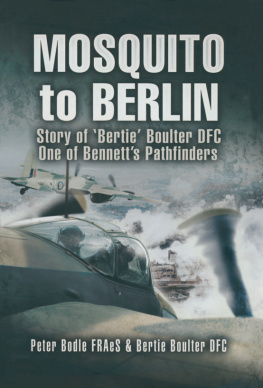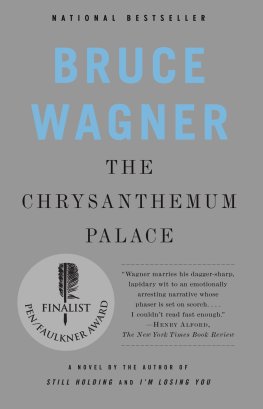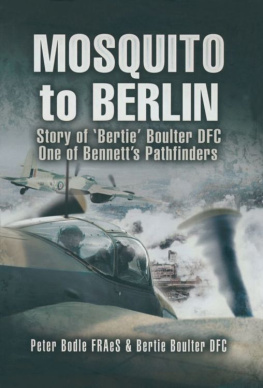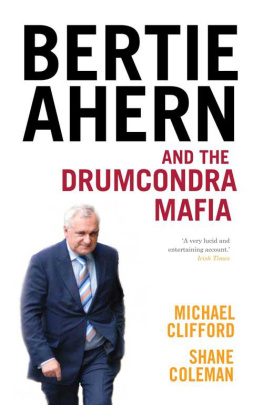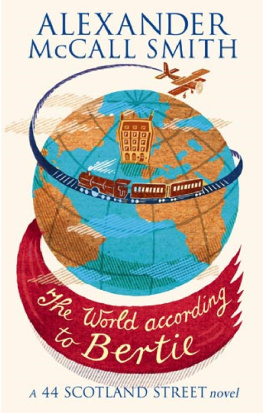MOSQUITO
TO
BERLIN
MOSQUITO
TO
BERLIN
The Story of Ed Bertie Boulter DFC
One of Bennetts Pathfinders
by
Peter Bodle FRAeS
and
Bertie Boulter DFC
First published in Great Britain in 2007 by
Pen & Sword Aviation
an imprint of
Pen & Sword Books Ltd
Copyright Peter Bodle and Herbert Edward Bertie Boulter, 2007
ISBN 978-1-84415-488-3
The right of Peter Bodle and Herbert Edward Bertie Boulter to be identified
as Authors of this Work has been asserted by them in accordance with the
Copyright, Designs and Patents Act 1988.
British Library Cataloguing-in-Publication Data
A CIP catalogue record for this book is
available from the British Library
All rights reserved. No part of this book may be reproduced or transmitted in
any form or by any means, electronic or mechanical including photocopying,
recording or by any information storage and retrieval system, without
permission from the Publisher in writing.
Typeset in Palatino by
Phoenix Typesetting, Auldgirth, Dumfriesshire
Printed and bound in England by
Biddles Ltd, Kings Lynn
Pen & Sword Books Ltd incorporates the Imprints of Pen & Sword Aviation,
Pen & Sword Maritime, Pen & Sword Military, Wharncliffe Local History,
Pen & Sword Select, Pen & Sword Military Classics and Leo Cooper.
For a complete list of Pen & Sword titles please contact
PEN & SWORD BOOKS LIMITED
47 Church Street, Barnsley, South Yorkshire, S70 2AS, England
E-mail: enquiries@pen-and-sword.co.uk
Website: www.pen-and-sword.co.uk
To Christine
and
all my colleagues who flew and served with me.
The Flying Field
Then! But now,
green changed to gold;
furrowed by the plough
We, who remain grow old.
Bombers prayers,
disguised with laughter,
hid their cares
Thereafter.
Merlins voice, no more
from dusk to dawn.
Its silent roar
is cradled in the corn.
Wings once soared high
among forgotten years;
Yet loved ones waved goodbye
and we have shed our tears.
R.H.M. Vere, 1409 Met Flight.
Contents
W hen Air Vice Marshal Don Bennett originally formed the Pathfinder Squadrons in the autumn of 1942, many of the pilots chosen to fly these lead marker operations for Bomber Command were veteran pilots with a wealth of experience to see them through. Many, however, were not. Many were in fact young men with no combat experience whatsoever; some were not even out of their teens, and some were Commonwealth citizens far from their native lands. I was one of these young men and I qualified on all three counts.
My parents christened me Herbert Edward and I was called Eddie. When I joined 128 Squadron Ivor Broom renamed me Bertie. That was the name I answered to from then on. For the sake of continuity that is the name I have used throughout this book.
Like so many of my contemporaries, my one aim in life was to become a pilot and to have a go at the enemy. By the time I was eighteen and old enough to volunteer, be trained and gain enough experience to face the enemy, World War II had already gone through several phases. The Battle of Britain, with its emphasis on the skills and courage of the Spitfire and Hurricane pilots, who were heroes to us all, was a year or more into history. At that time the efforts of Bomber Command were stalling, as the planes and equipment at their disposal were not accurate enough to have the desired effect and the losses being suffered were unacceptable and unsustainable. It was now time for the pilots and navigators of the smaller, lighter Pathfinder bombers, the ultra-fast de Havilland Mosquitos to step forward and make their mark. I was lucky enough to be chosen as one of those pilots.
Twice the fortunes of war caused me to evacuate my aircraft in mid-air, both times with more or less successful results. Several times mechanical failure caused me to jettison the bomb load and abort the operation for that night, but every time I was fortunately able to return to the fray with unquenched determination and resolve. I was blessed with a great squadron commander in Ivor Broom, a stalwart room mate and friend in Tommy Broom and three superb navigators, Jim Churcher, Chris Hart and Derek Spinks. Jim and Chris guided me through all my bombing operations from start to finish including nineteen to Berlin, and Derek navigated and flew all round Europe with me immediately after the war until I finally left the service to pursue a career in industry.
More than fifty years on I was fortunate enough still to be flying the Stearman in which I had originally gained my wings, and to meet regularly with the survivors of the Pathfinder squadrons, including Ivor and Tommy Broom. It is these memories I share with you, and to these life-long comrades that I dedicate this book.
Eddie Bertie Boulter DFC
From Norwich to
Theodore and Back
I n the early twentieth century the idea of serving ones country was a family tradition passed on as if by instinct from father to son in the Boulter family, as well as being firmly ingrained in the character of most of the Canadian citizens of the day. Having emigrated from Norwich in 1909, Herbert Claude Boulter settled in Theodore, Saskatchewan, a small but growing agricultural community deep in the central plains of southern Canada. There he worked as a farm labourer on various local farms for five years. Later, as the drums of war beat over Europe, as an ex-Territorial Army volunteer, he heard the call early and enlisted in the Canadian Army. Soon, after just a few months of induction and training, he found himself once again back in his native England. From there he went to war. He served mainly in France with the Canadian Army Service Corps as a horseman in the transportation section, carting shells and other munitions to the front lines. Amazingly for a war epitomized by the carnage of troops at or near the front line he survived physically intact, but as with so many others the war took its toll in other ways.
When he was demobbed in late 1918 he returned to Theodore with his new English bride. She was a Norwich girl, Annie Eliza (known as Trixie), a young lady for whom he had gone AWOL on at least two occasions during the previous couple of years, much to the anger of his immediate superiors. Surprisingly, he seemed to have got away with it, for it was not unknown for soldiers going AWOL to be classified as deserters and to be put in front of a court martial, and perhaps even a firing squad. To have got away with it twice, attracting just a fine on each occasion, bordered on the miraculous. But the Canadian officer corps that he served under was known to be more humane than its British counterpart.
Five years later Claude and Trixies only child was born. On 15 April 1923 Herbert Edward Boulter, weighed in at 7 pounds to swell Theodores modest but growing population. He was a normal, healthy child brought up in a rural farming community. Even so by the time he was four or five it was obvious to his parents that he was never going to be 6 feet tall or have the physique to star in the Theodore Wildcats ice hockey team. This slightness of stature would, however, serve him well some twenty or so years later when scrambling rather hurriedly in and out of various combat aircraft became a regular part of his life.
When he was five his father bought a Shetland pony named Peggy and a two-wheeled cart. Some of his earliest memories were of this pony and treks with his father in the Whitesands River area as he carted goods from Theodore to the outlying farms and settlements. Soon after this came the advent of the Model T and Model A Ford trucks, the latter of which was put to work carting gravel and aggregate to the construction sites of the new Highway 14.
Next page
